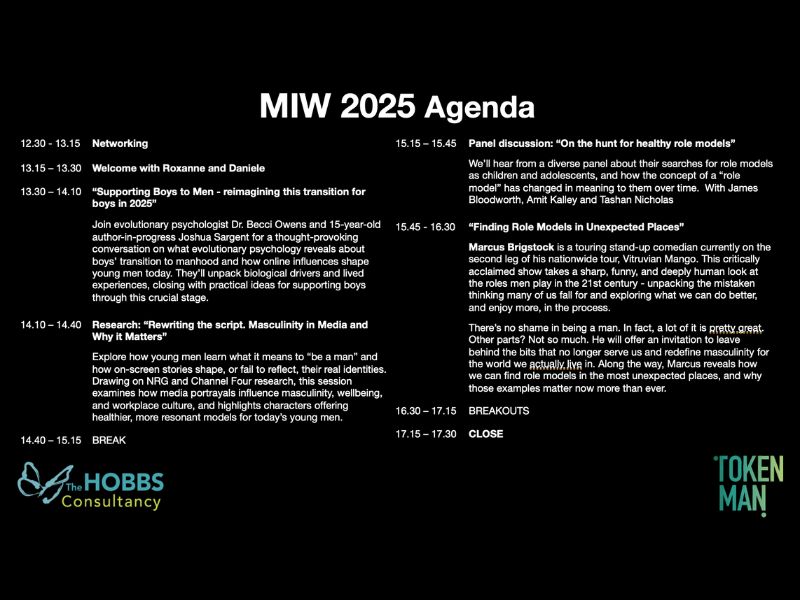Thinking of turning your business into a franchise?
Franchising can be a highly successful route to growth and brand domination, but it’s not without its problems. The transformation from business owner to franchisor starts with planning ahead to avoid potential pitfalls.
Step one: Is your business suitable?
The ideal franchise has a proven business model that generates profits for the franchisor and franchisee – but this isn’t the only consideration. It also has to be easily replicable, offer services or products that are in growing or constant demand, and be uncomplicated to run. If your business operates in a niche market, has a complicated structure, or offers too many products or services, you might need to rethink. The more complicated a business, the more difficult it is to franchise.
Step two: Know your numbers
Successful franchises are those that can replicate an already profitable business in other localities, so it’s a good idea to test out two or three units in carefully planned locations before launching a full-blown franchise model, to iron out teething problems and ensure that the model is stable.
Look at how many customers the business needs to remain viable and how much each customer needs to spend. What drives the customer purchase decision? What about expenditure? Rent, staffing costs and other expenses all need to be considered.
Step three: Research, research, research
It’s simply not enough to rely on gut instinct – you need evidence to determine whether your business will be successful across a wider landscape, different demographics and different areas of the country. Remember to consider local factors for the business, including the laws, weather, cultural differences and so on. Every country has different rules and regulations that apply to franchising, so it is important that you fully understand the obligations placed upon you, and the costs involved.
Step four: Be prepared to change the way you work
Once you become a franchisor, you will be focused on a whole range of new responsibilities, not only recruitment and training of franchisees, but supporting and mentoring them. In other words, you will suddenly become teacher, salesman, coach, mentor and auditor. Depending on your business model, you may also be involved in the leasing of premises, vehicles and equipment as well as marketing, procurement and training.
Step five: Dot the i’s and cross the t’s
As you prepare your paperwork, you’ll need to decide how your franchise will operate. Do franchisees procure products or equipment from your company or other suppliers? What experience will your franchisees need? How you will market your franchise territories? Is the business suitable for multi-site owners? Depending on your location, you may need to prepare an extensive disclosure document to include audited financial statements, operating manuals for franchisees, and descriptions of your management team’s business experience.
Step six: Have support in place
The needs of your support office will grow and develop over time, and as you acquire more team members you also incur higher costs, so remember to factor this in. Think about how initial and ongoing franchisee training will be organised, including vetting and interviewing potential franchisees. Other considerations include IT, finance, procurement, business development and marketing.
Step seven: Selling franchises
Once you are a franchisor, you will need a defined system to find franchisees and communicate the vision and concept of the business to potential franchisees to ensure a good fit. Your sales team will need to have a thorough understanding not only of the business, but of the emotional journey a potential franchisee is about to undertake. Consider the size of the territory; it makes no sense to allocate a larger territory than the franchisee can service, and in turn this will reduce the potential revenue stream for the franchisor.
Step eight: Have a back-up plan
Franchising may not necessarily be the only route for your business, so if it doesn’t work out for you, consider corporate ownership, taking on partners or finding investors.
 About the author
About the author
Deb Farnworth-Wood is a serial entrepreneur and the founder of the world-leading medi-aesthetic franchise Australian Skin Clinics.
Born in Kenya and raised in the UK, Deb moved to the other side of the world to retire – only to build a $70m business.
She moved her family to the Gold Coast in 2007 and launched the franchise in 2011. Five years later, she had grown the business to 60 clinics across Australia and New Zealand and reshaped an ailing skincare brand, scooping up multiple awards in the process.
She’s also been an advisor to UK governments on healthcare issues such as drive through pharmacies and contracts for night GPs.











